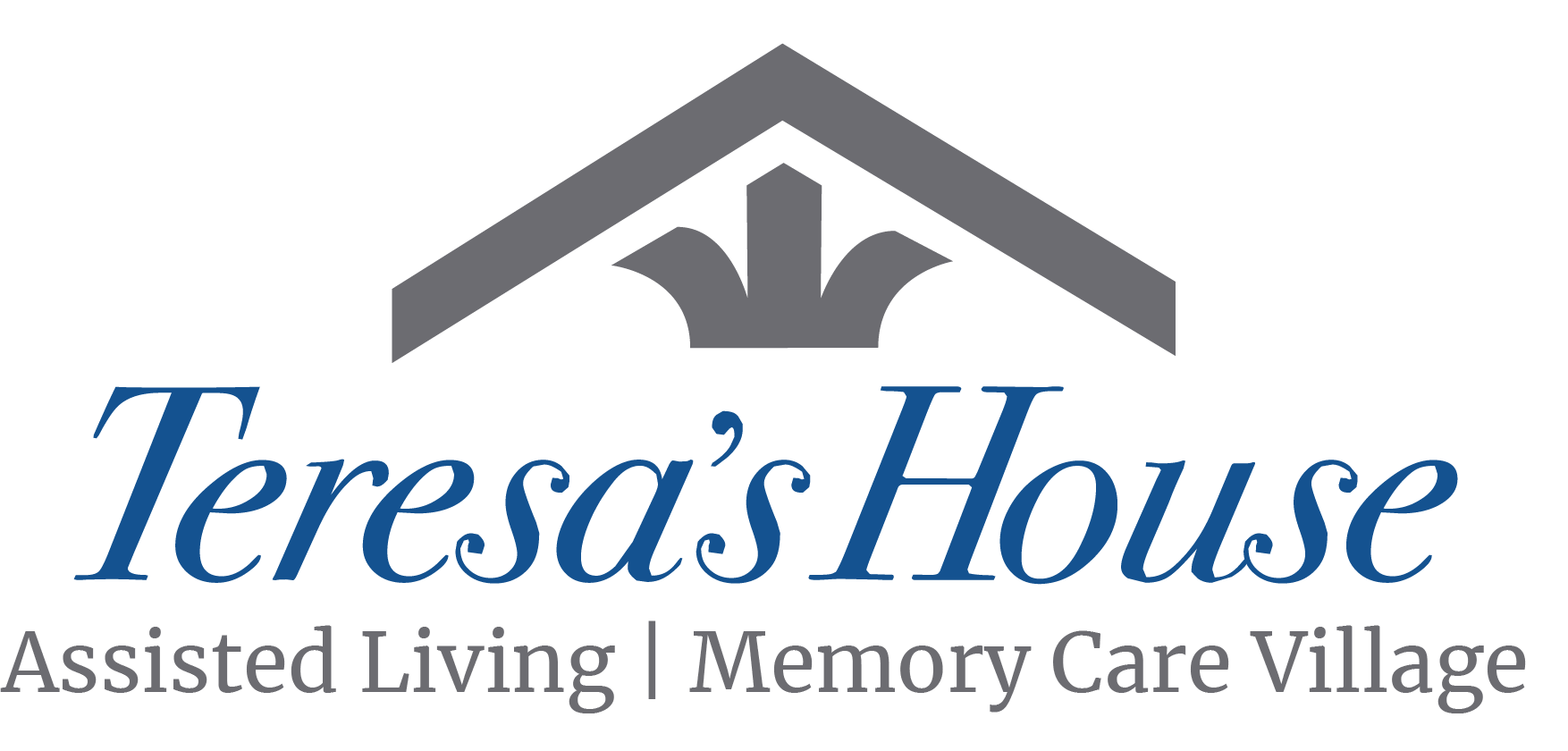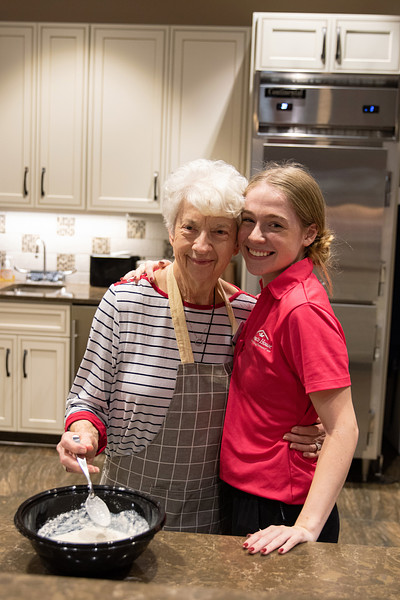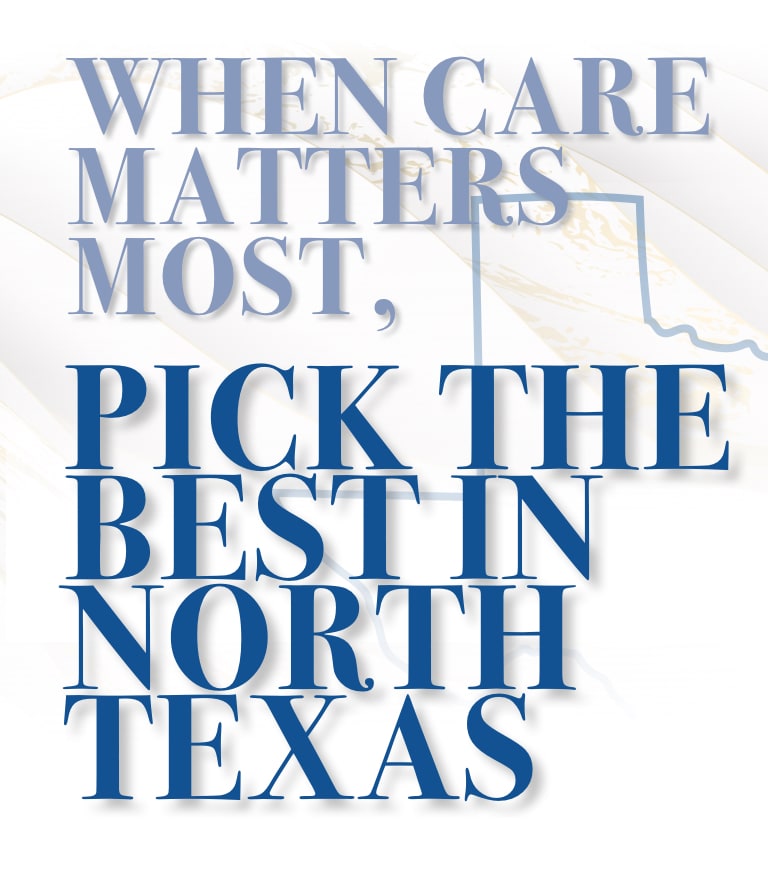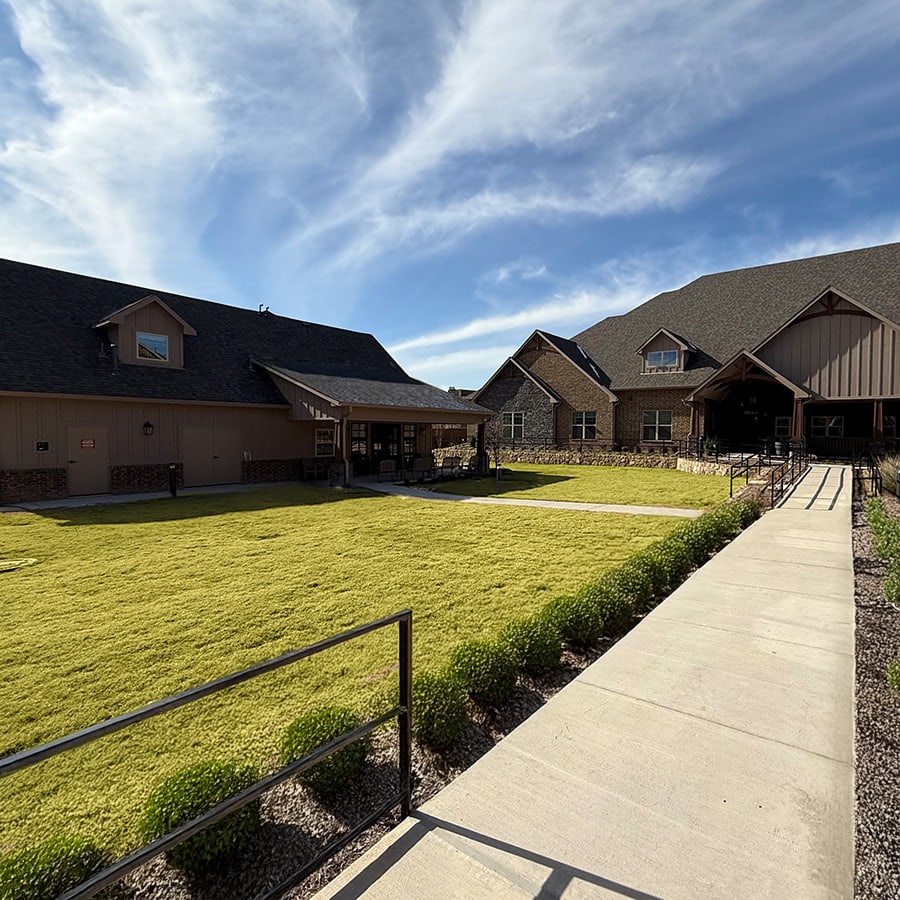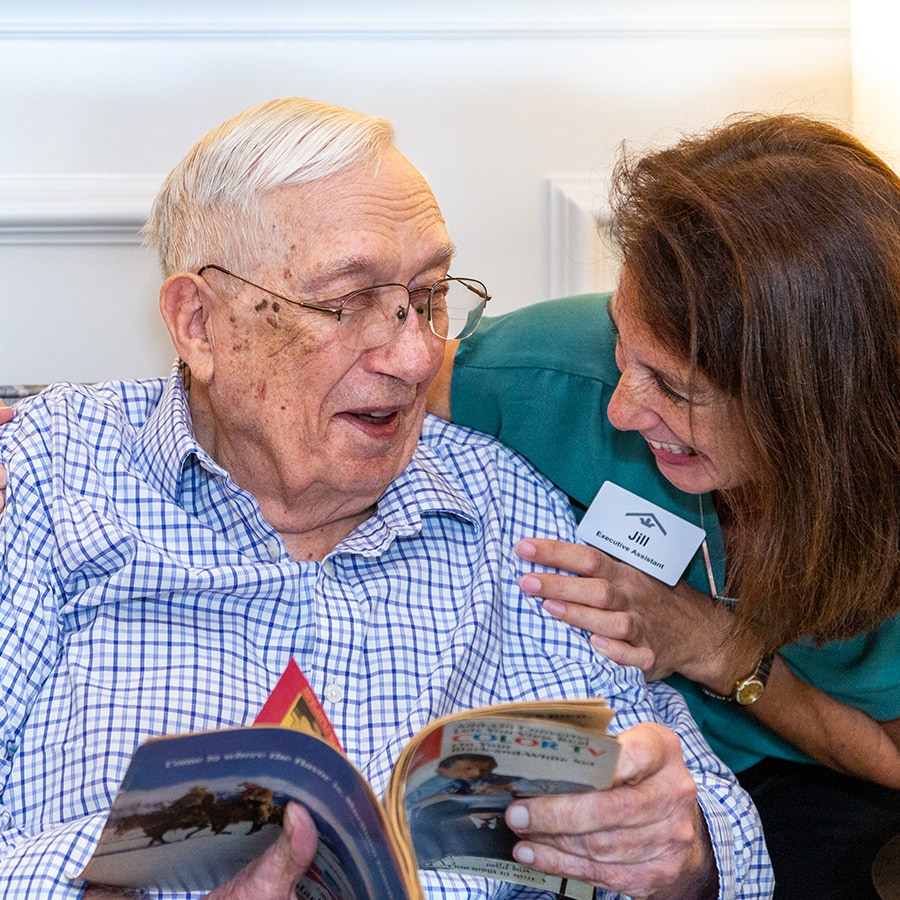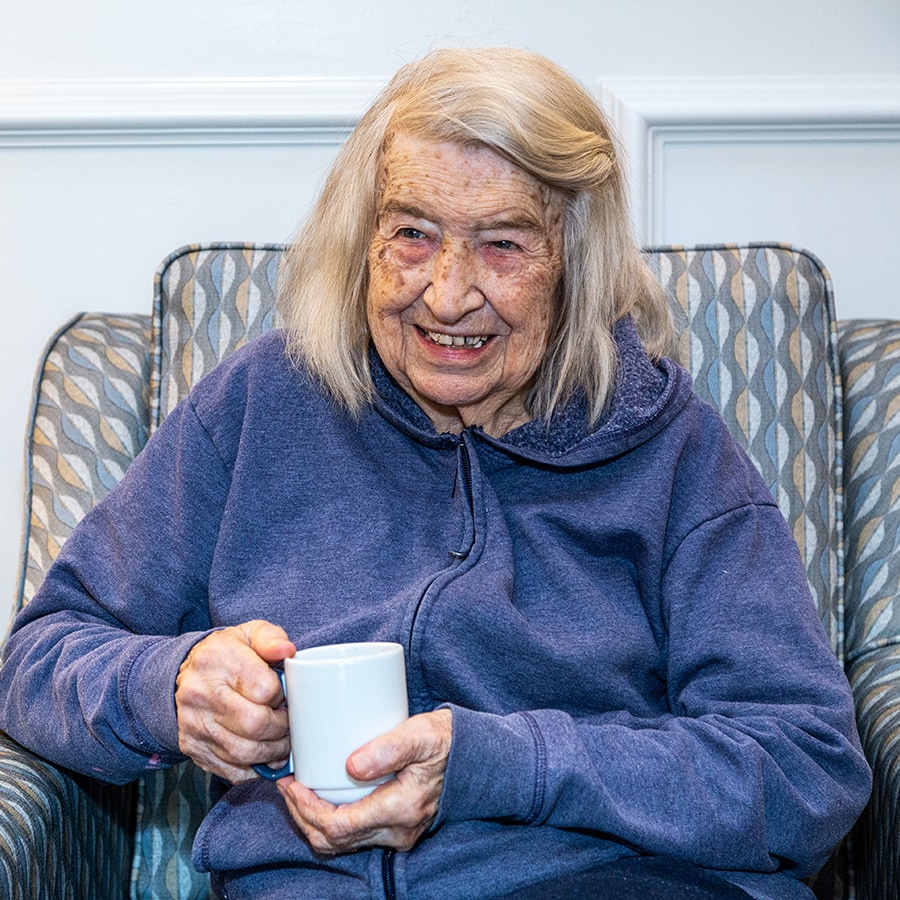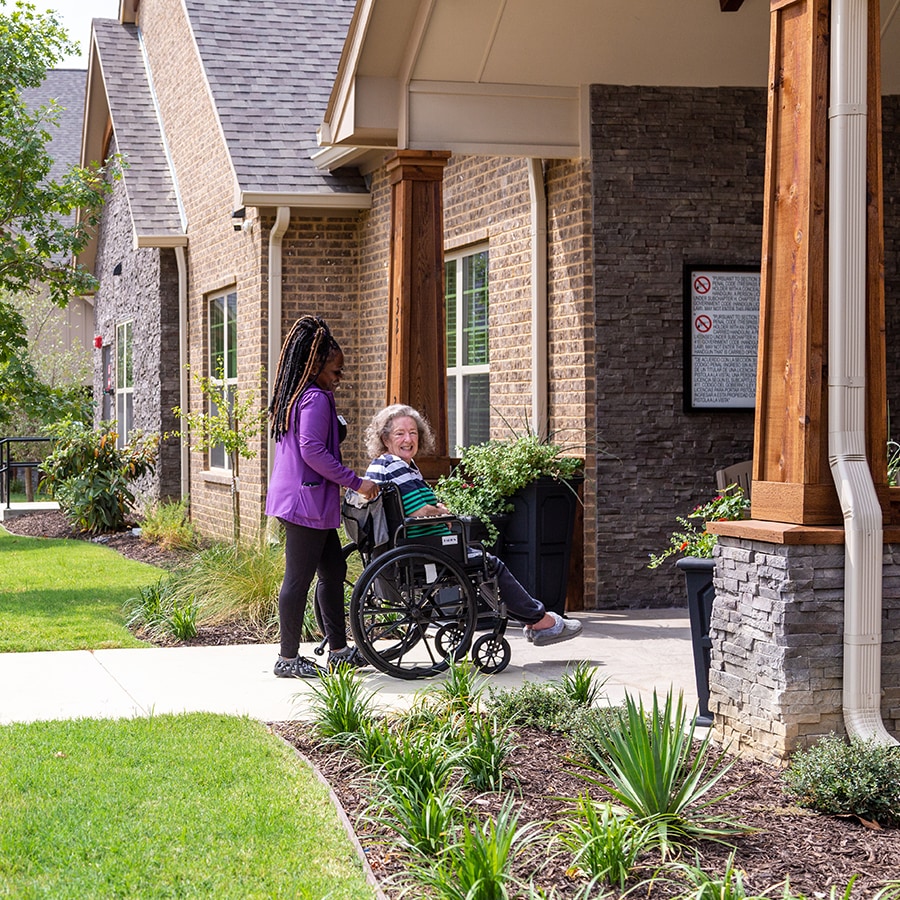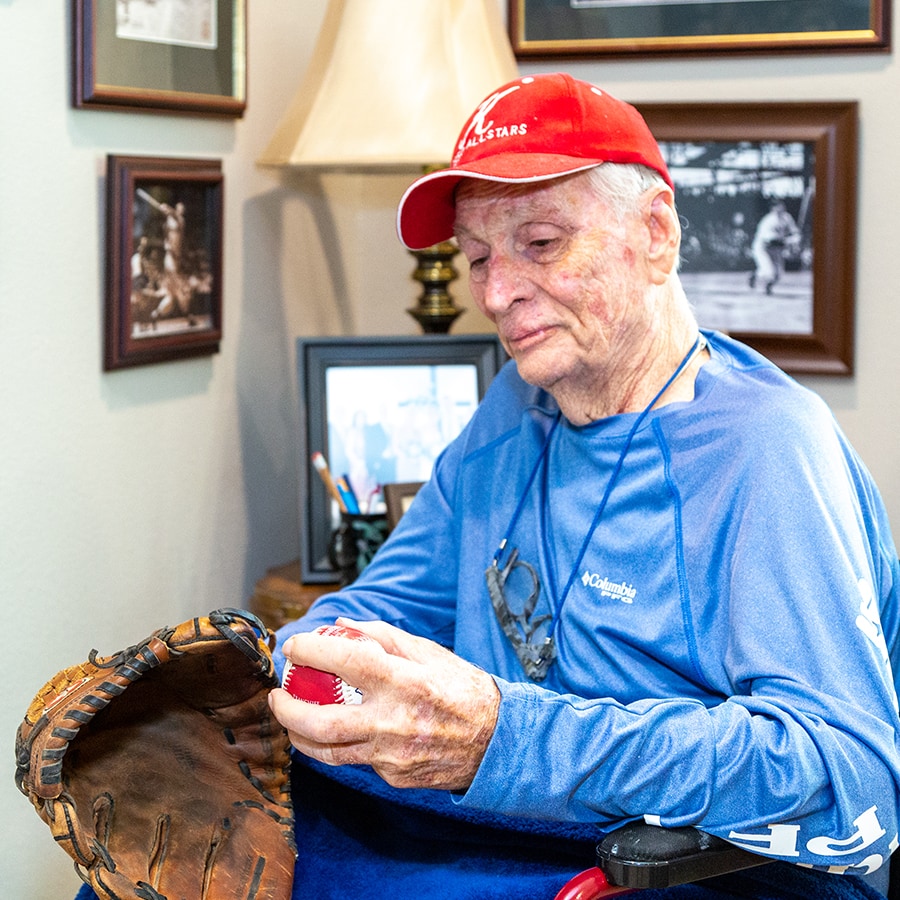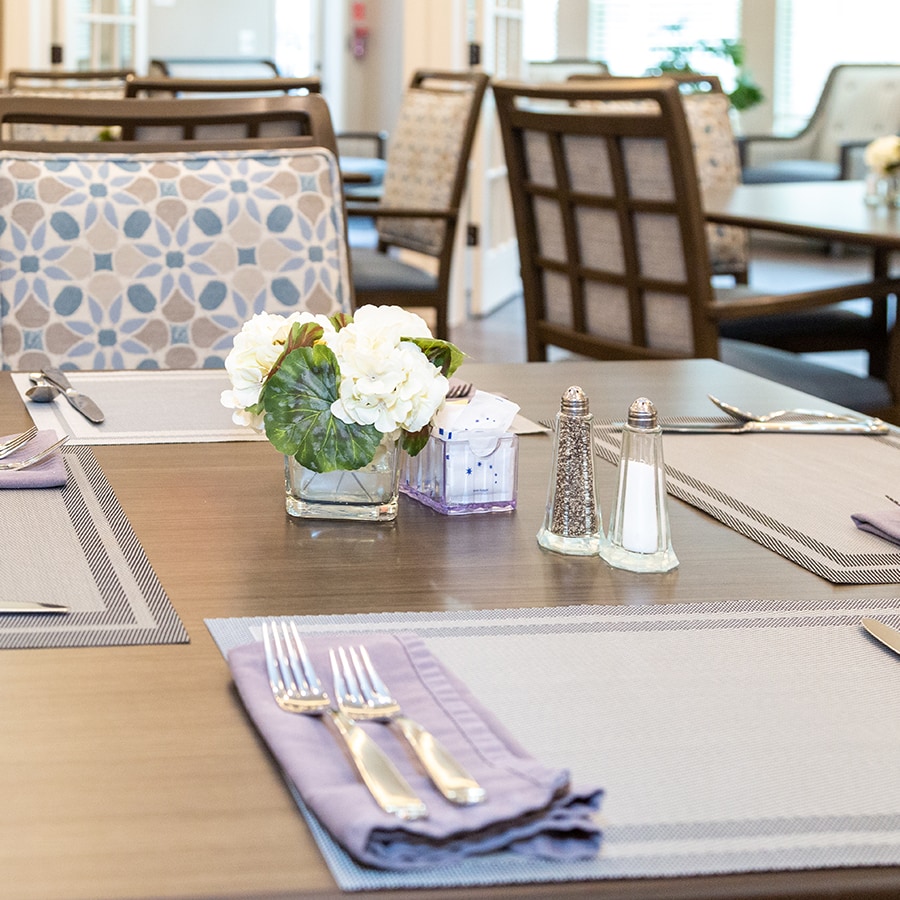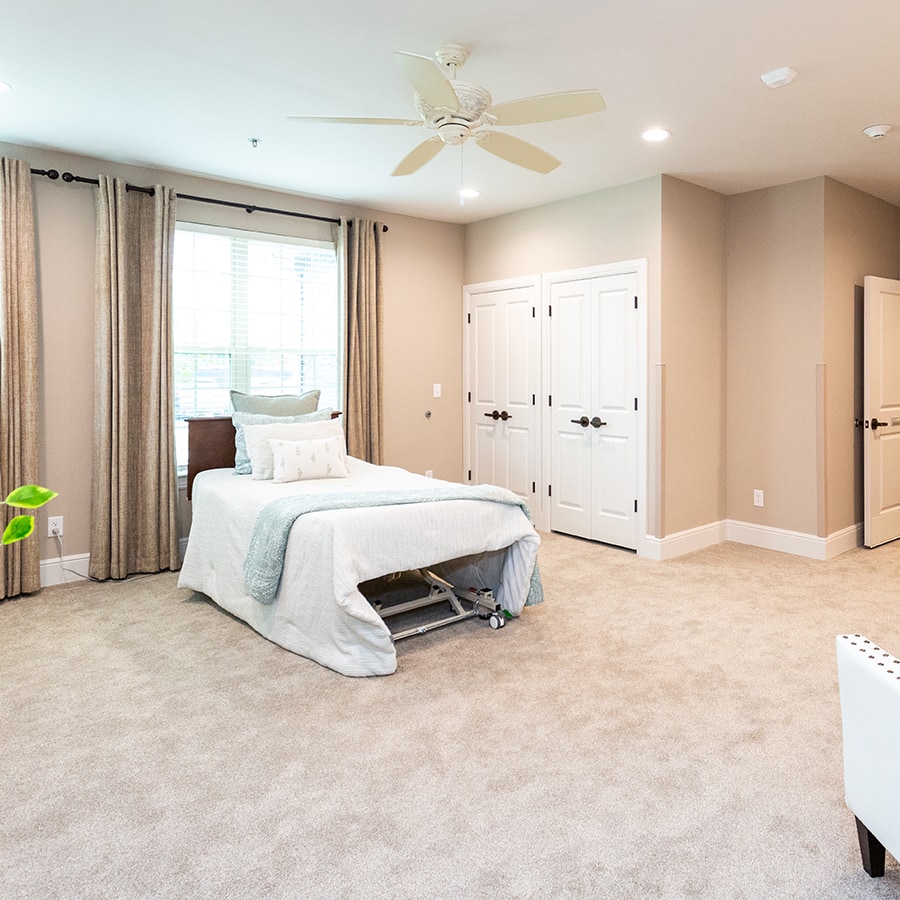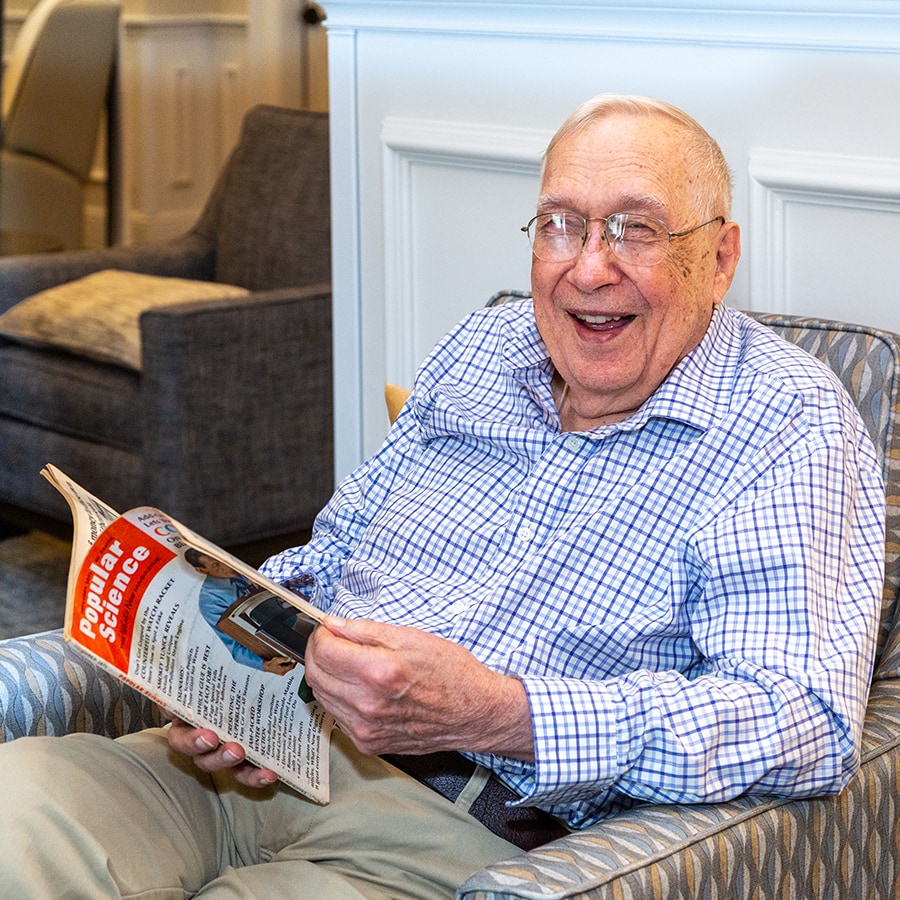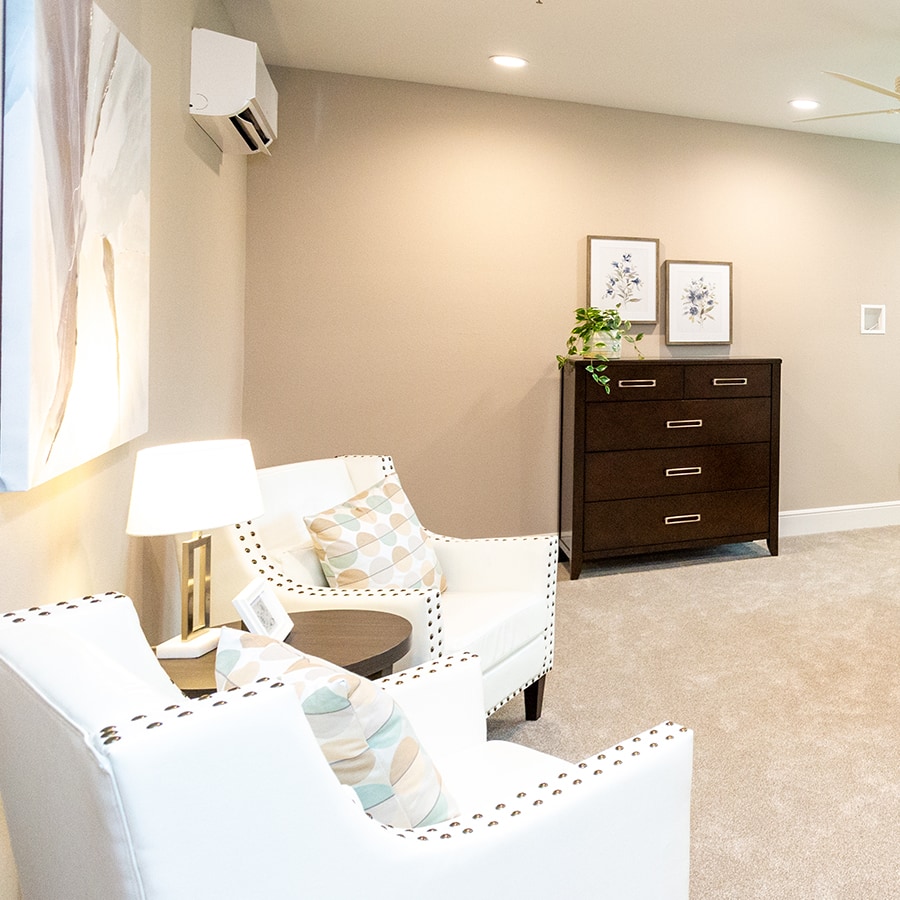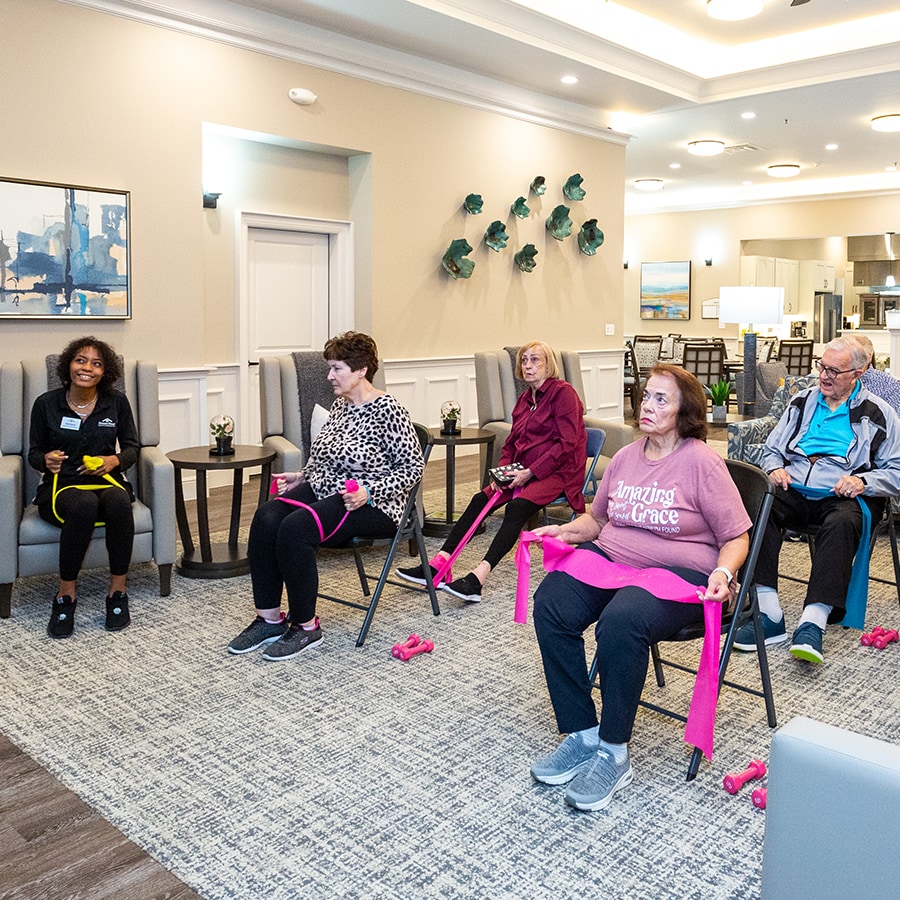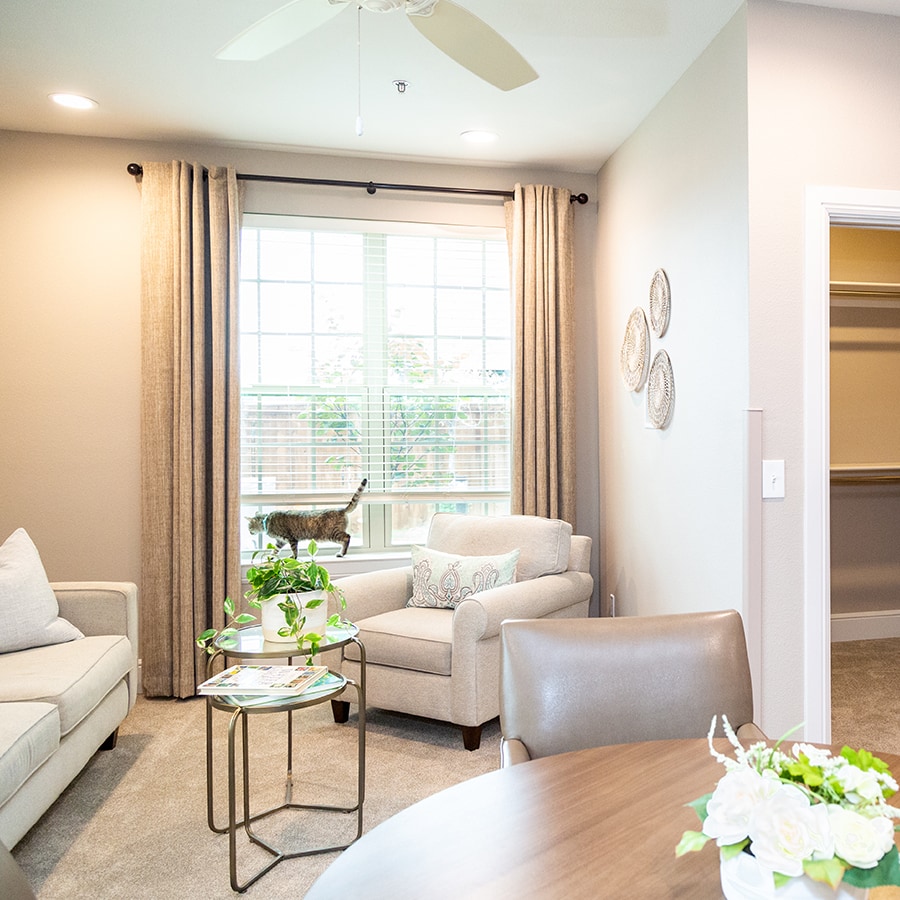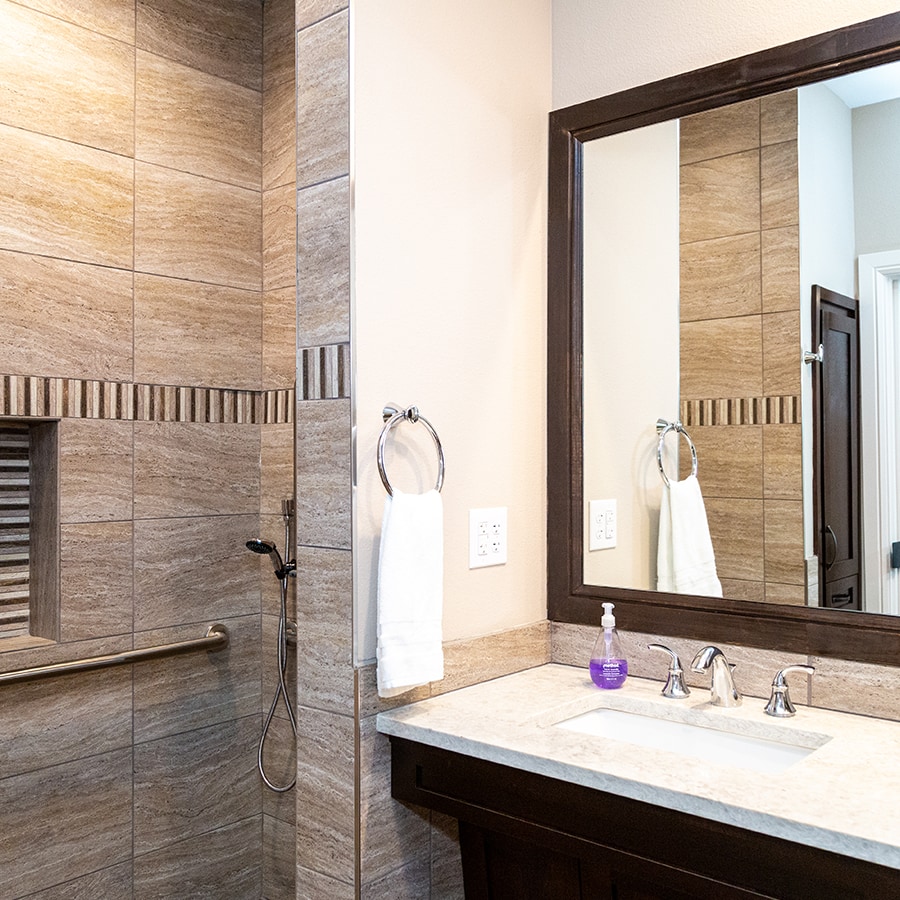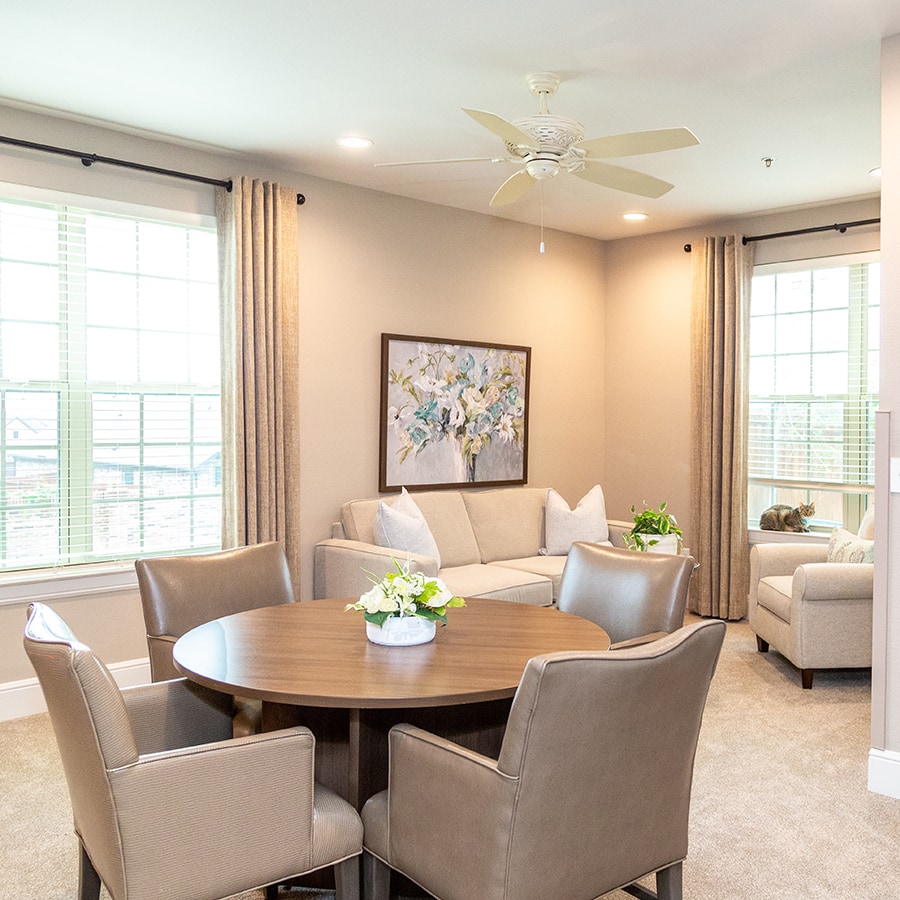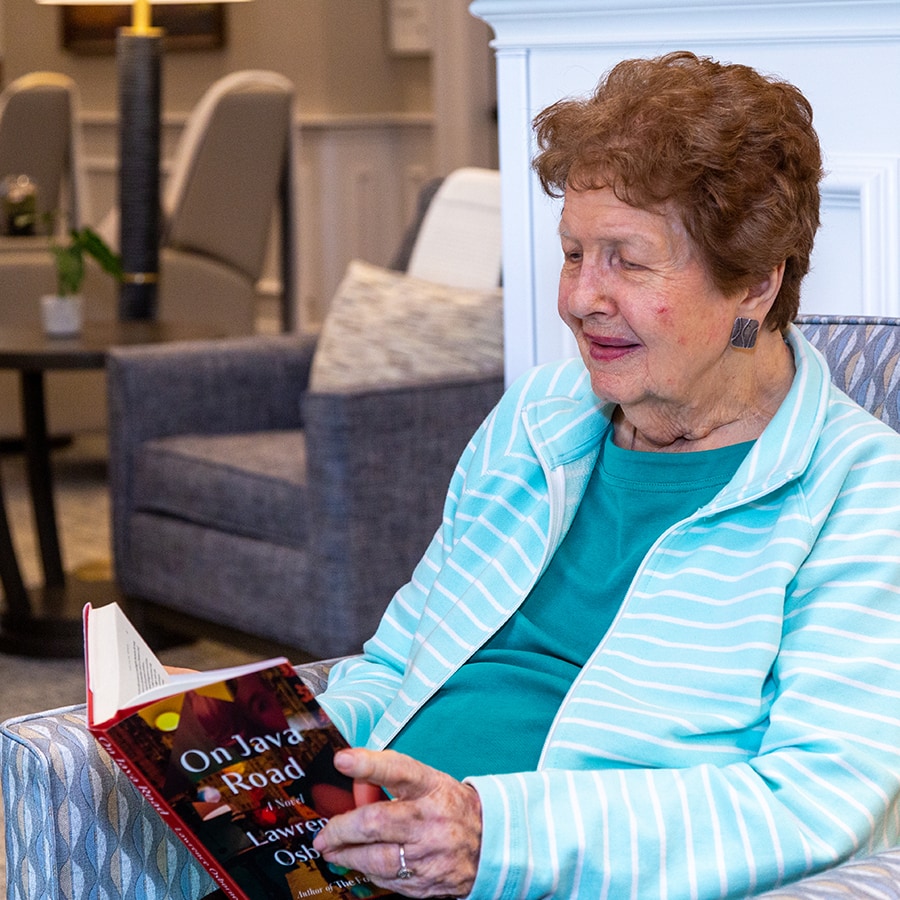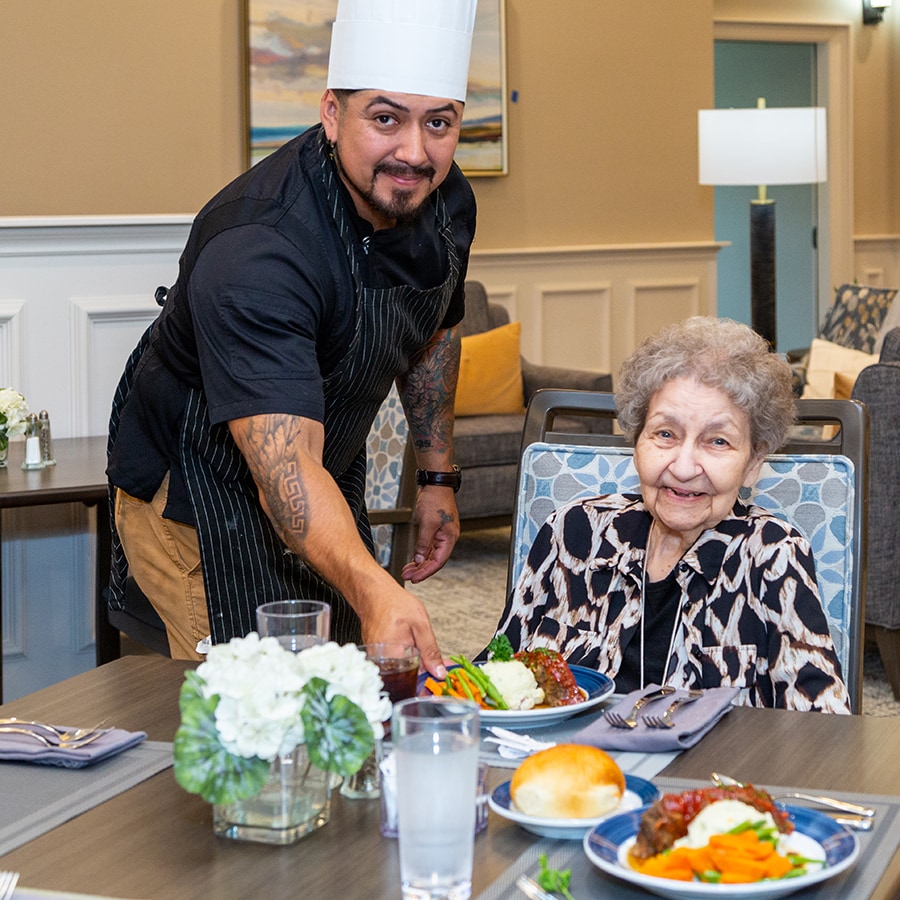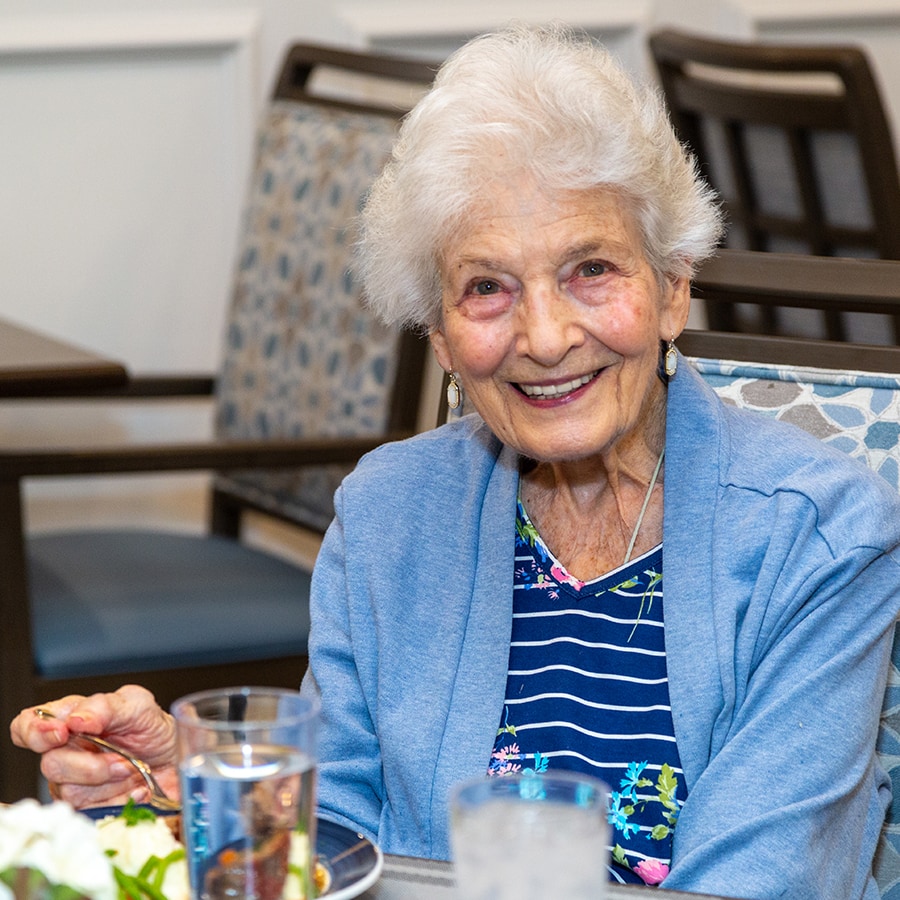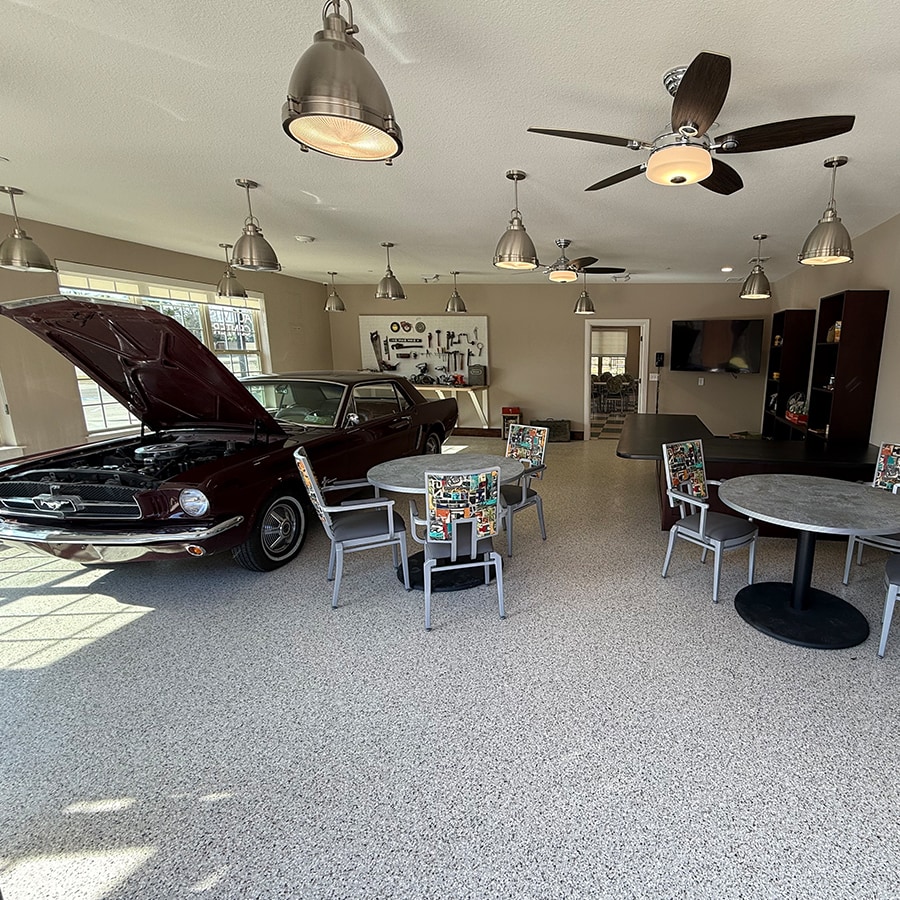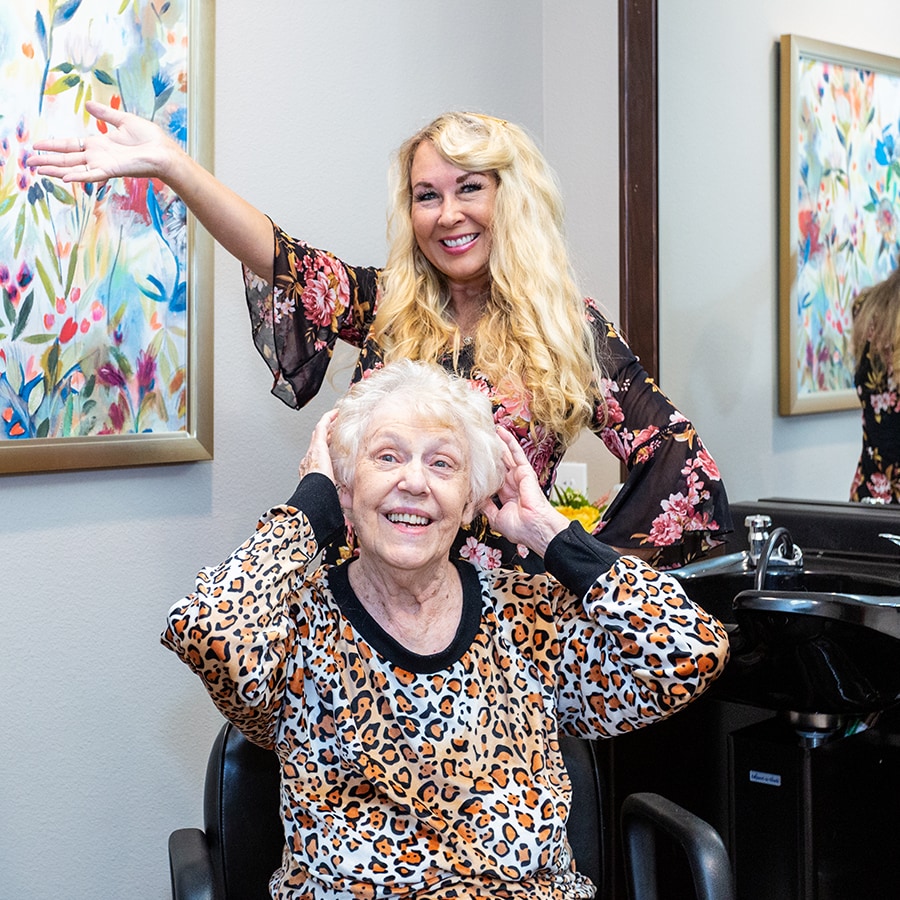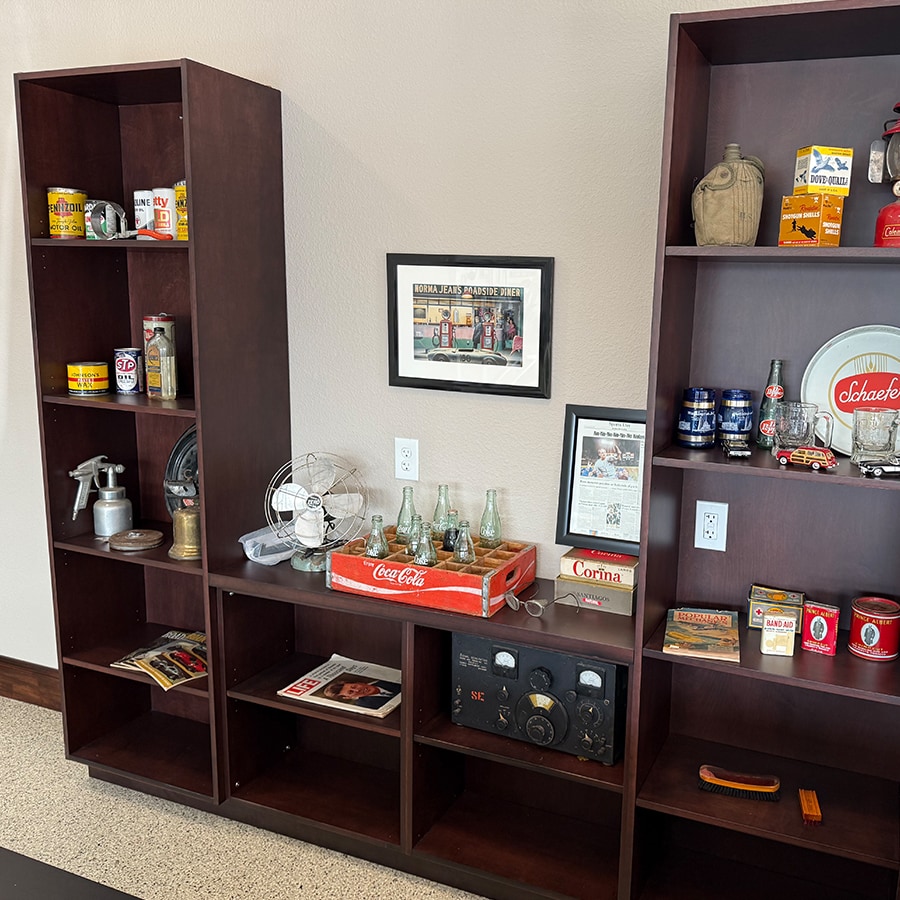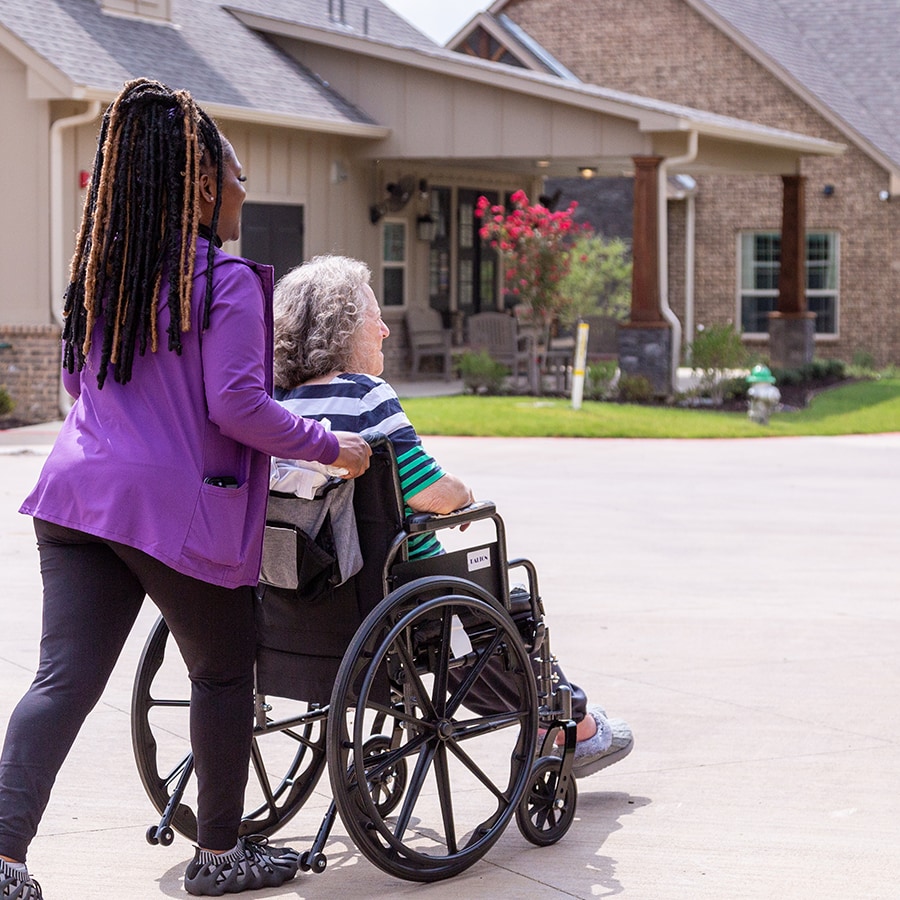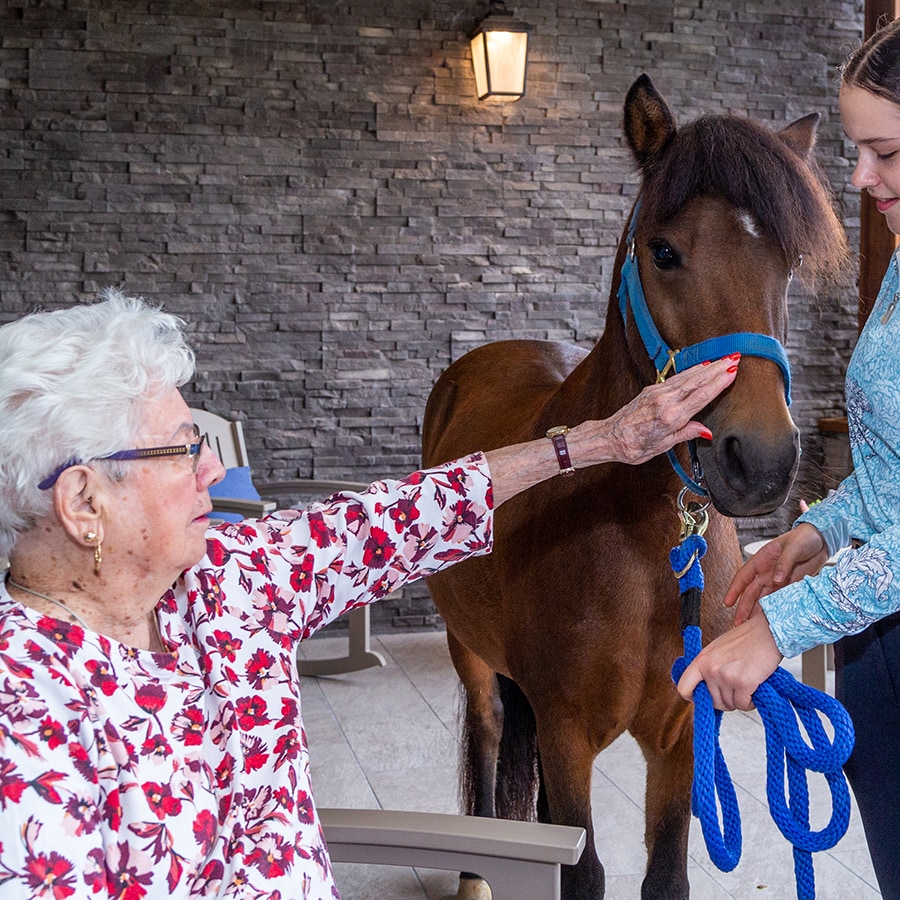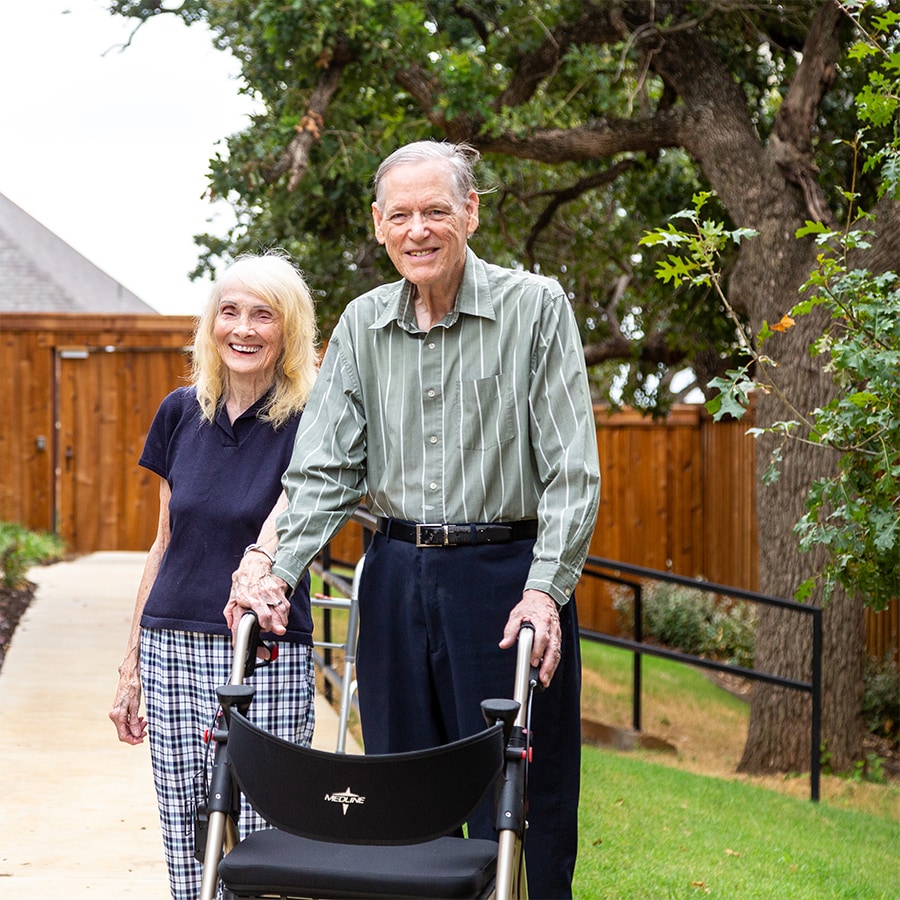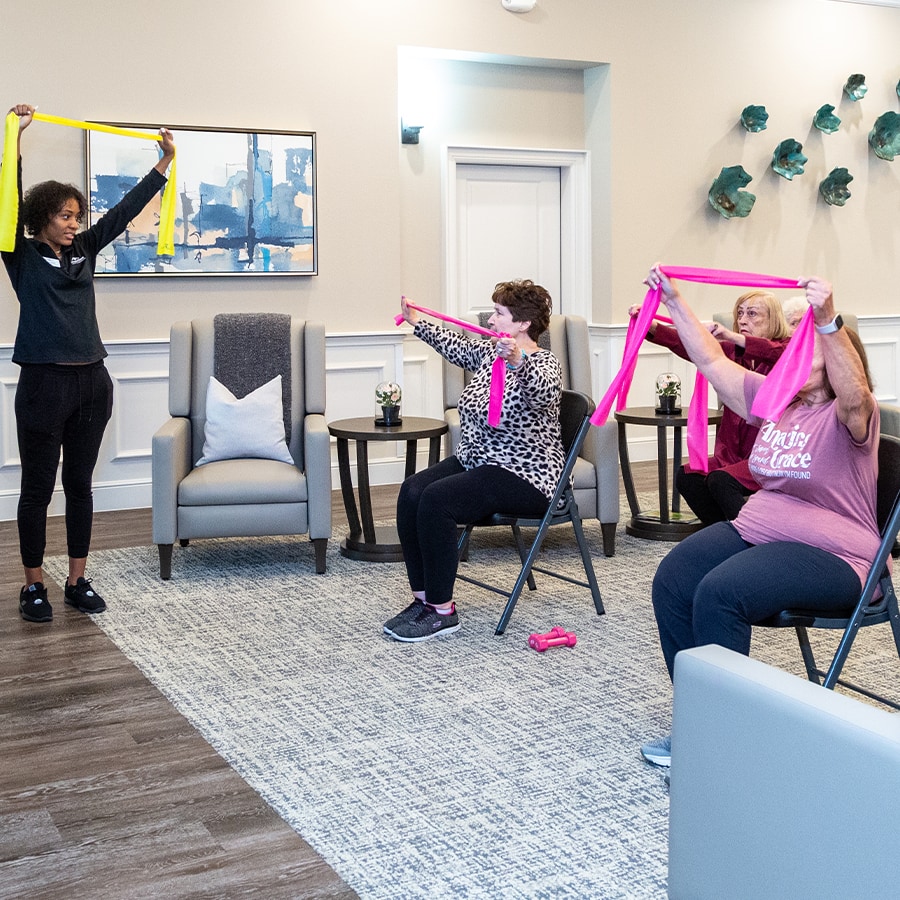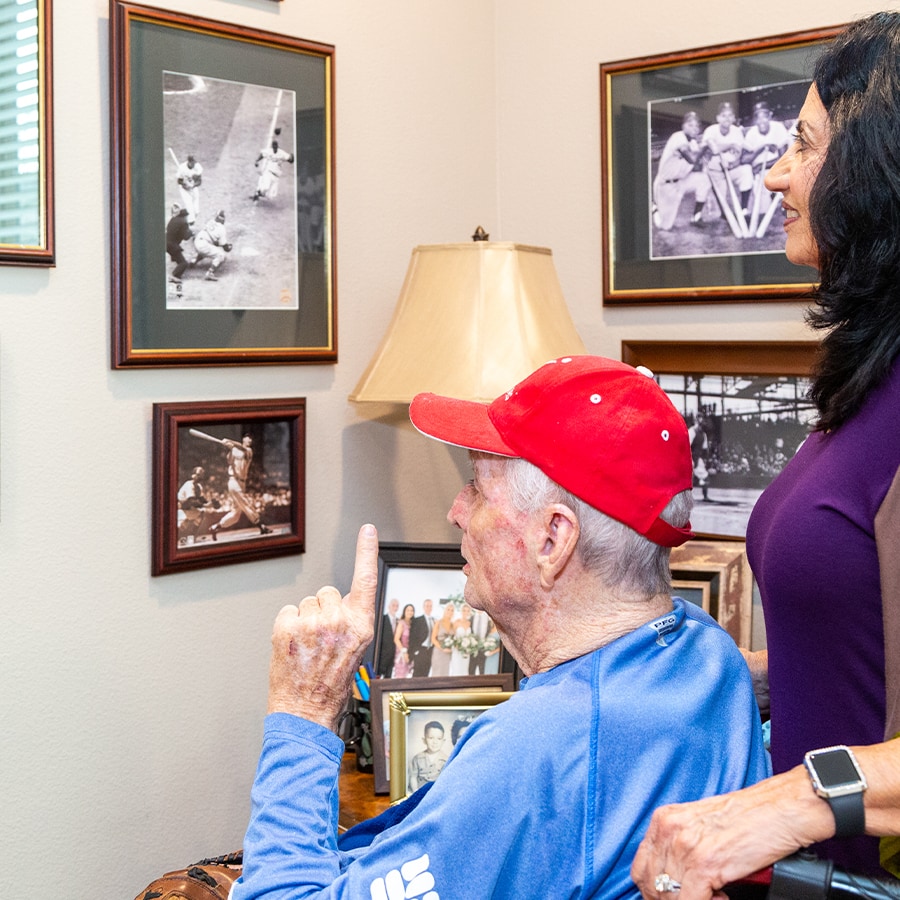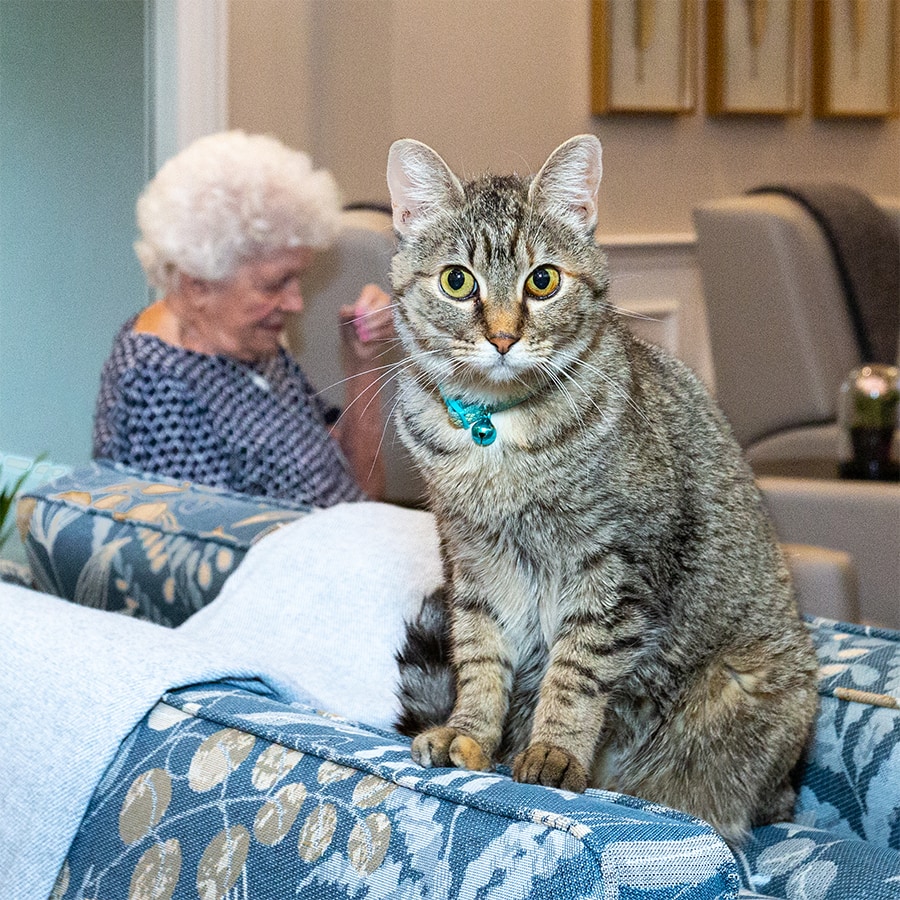Two of our favorite people spending quality time together on our front porch! Being able to visit your loved one in a safe, supportive environment is truly something special.
Imagine every time you walk into a room in your house, your family says you don’t belong there. Or you’re telling your friends a funny story, and they all walk away in the middle of it. Or your bridge group changes the rules to the game you’ve been playing for years, and they’re angry with you for being confused.
It sounds like a bad dream, doesn’t it? Unfortunately, this is how many people with advanced memory diseases experience the world.
Now, imagine a place where your friends are thrilled when you arrive, where you’re asked to lead activities, where you’re the life of the party (if you want to be, that is). That’s the reality for memory care residents at Teresa’s House.
What’s the difference between assisted living and memory care?
At Teresa’s House, we offer three types of care: assisted living, memory care and advanced care. Many of our activities overlap, including intergenerational programming for seniors and children, pet and music therapy, and tailored exercises for the body, mind, and soul. We also maintain a 1:5 certified/licensed caregiver-to-resident daytime ratio across the board, allowing for truly personalized care. All our staff are licensed and/or certified, and we provide extensive and ongoing training for our care teams.
This is the community where no corners were cut.
Assisted Living
Our assisted living community is primarily for people who need some help with activities of daily living (ADLs) like dressing or mobility or who need the security of 24/7 monitoring by professional caregivers. We provide a much higher level of medical, emotional, and social support than might be available at home or in an independent living situation, allowing your loved one to continue doing the things they enjoy in an environment just like home, only better.
Memory Care
While all our communities reflect best practices in care, comfort and safety, memory care includes therapeutic research-based programs tailored to the needs of residents in the early to middle stages of memory-related illnesses who are still physically active. We heavily emphasize socialization and other activities facilitated by our certified caregivers. Our exceptional community also has certain architectural features and familiar design cues that enable our residents to maintain independence and dignity in an affirming and supportive environment. Residents engage in curated real-life activities like cooking, gardening and career work that reinforce a sense of purpose and enhance well-being, while helping them maintain daily routines.
Advanced Care
Our advanced care community is targeted to residents with more acute physical or mental needs. Here we focus on activities that stimulate the senses, like music and art, which have been shown to reduce stress and improve quality of life. By designing specialized programming for each individual, we ensure our residents continue to live their best lives.
How do we know which to choose?
Moving a loved one into a new care situation can be a difficult decision under any circumstances. Knowing when to choose memory care over assisted living is even tougher, but you’re not alone. Teresa’s House’s hands on ownership, has over 30 years of experience providing outstanding, nationally recognized senior care and has a proven track record for knowing the right level of care for your loved one. We are here to support you at every step with expert resources and recommendations tailored to your unique situation.
It might be time to consider memory care if:
- Your loved one is diagnosed with a memory-related disease or disorder.
According to the CDC, 50% of adults aged 45 and older say confusion or memory loss limits their daily activities like cooking, cleaning or managing medications. Some forgetfulness is normal as we age, but regularly getting lost or forgetting familiar people or places is not. As many as 10 million people in the U.S. live with dementia, and the greatest risk factor, unfortunately, is aging. A doctor can assess whether memory problems are treatable, such as the side effects of a particular medication, or if the issue is a brain disorder like dementia or Alzheimer’s disease. If a doctor does diagnose you or your loved one with a progressive condition, memory care may be the best choice. Whatever you decide, we’re here to answer any questions you have and ensure a smooth transition.
- You think your loved one might be unsafe in their current living situation.
People with cognitive disorders may get lost more easily while walking or driving or wander from their normal routine. They may also forget to do things like take medications or turn appliances off, all of which contribute to unsafe living conditions. If your elderly parent or partner has dementia, they are likely unable to safely age in place. Our dedicated memory care community can provide that needed support.
- Your loved one’s normal social routines are damaging their mental or emotional well-being.
Just like the bridge group, previously familiar activities may begin to feel overly complicated or confusing. Family and friends may become unrecognizable. When this happens, your loved one may begin to withdraw to avoid the pain and frustration of these changes, further damaging their well-being and self-esteem. At Teresa’s House, we care about more than our residents’ physical health, focusing on seven dimensions of wellness, the first of which is social connection. Our trained memory care staff can help your family member connect in new ways that keep them engaged and thriving.
The Teresa’s House Difference
At Teresa’s House, we come alongside you and your family to find the right fit, whether it’s assisted living, memory care or advanced care. Because we are a small community, our nurse-owned and operated team gets to know each person’s needs and preferences and identify the best possible environment for them, one where they will truly flourish.
We know this is a hard decision for many families, and we’re here to support you however we can. Please give us a call at 972-737-4366 or schedule a tour to see the difference for yourself.
